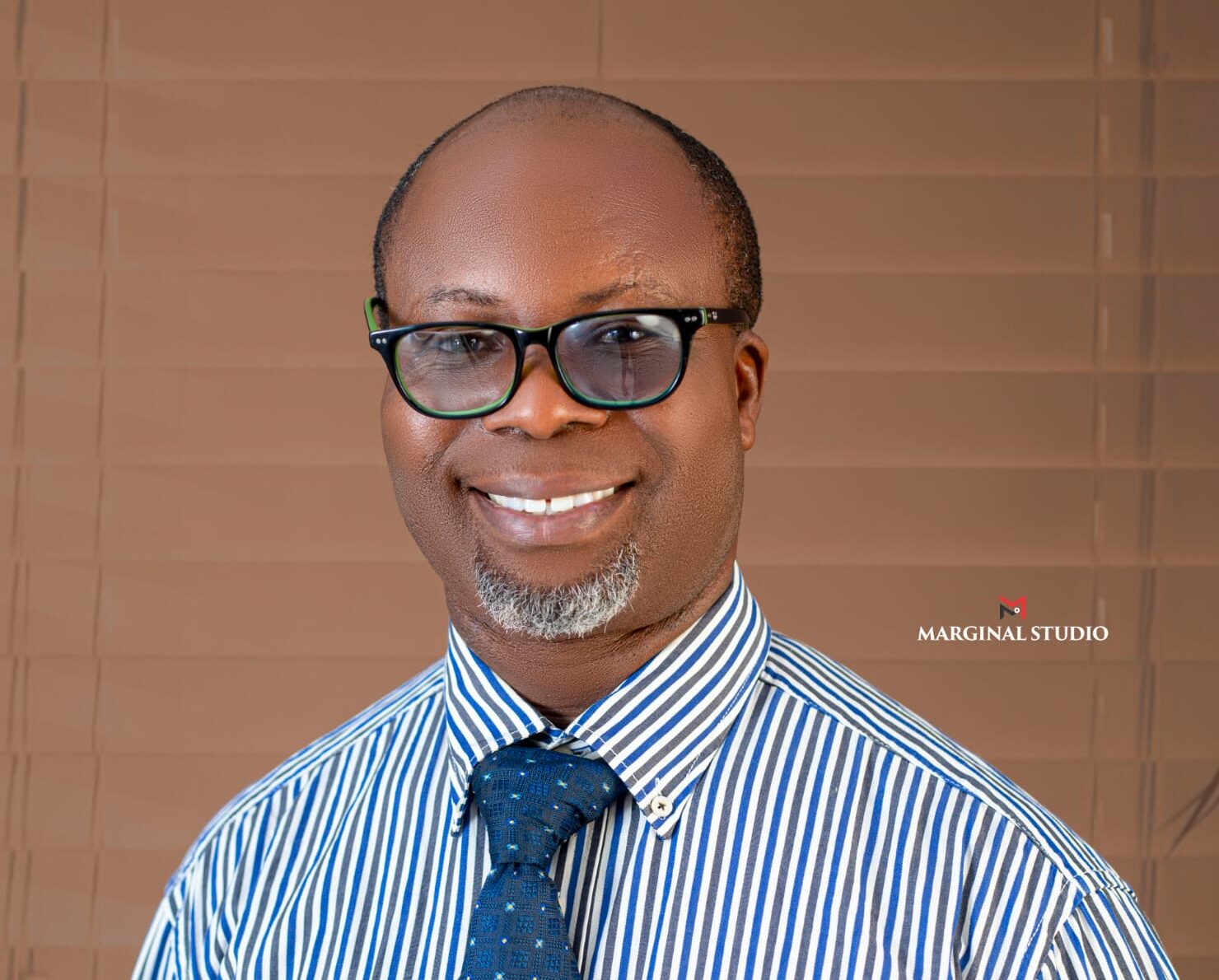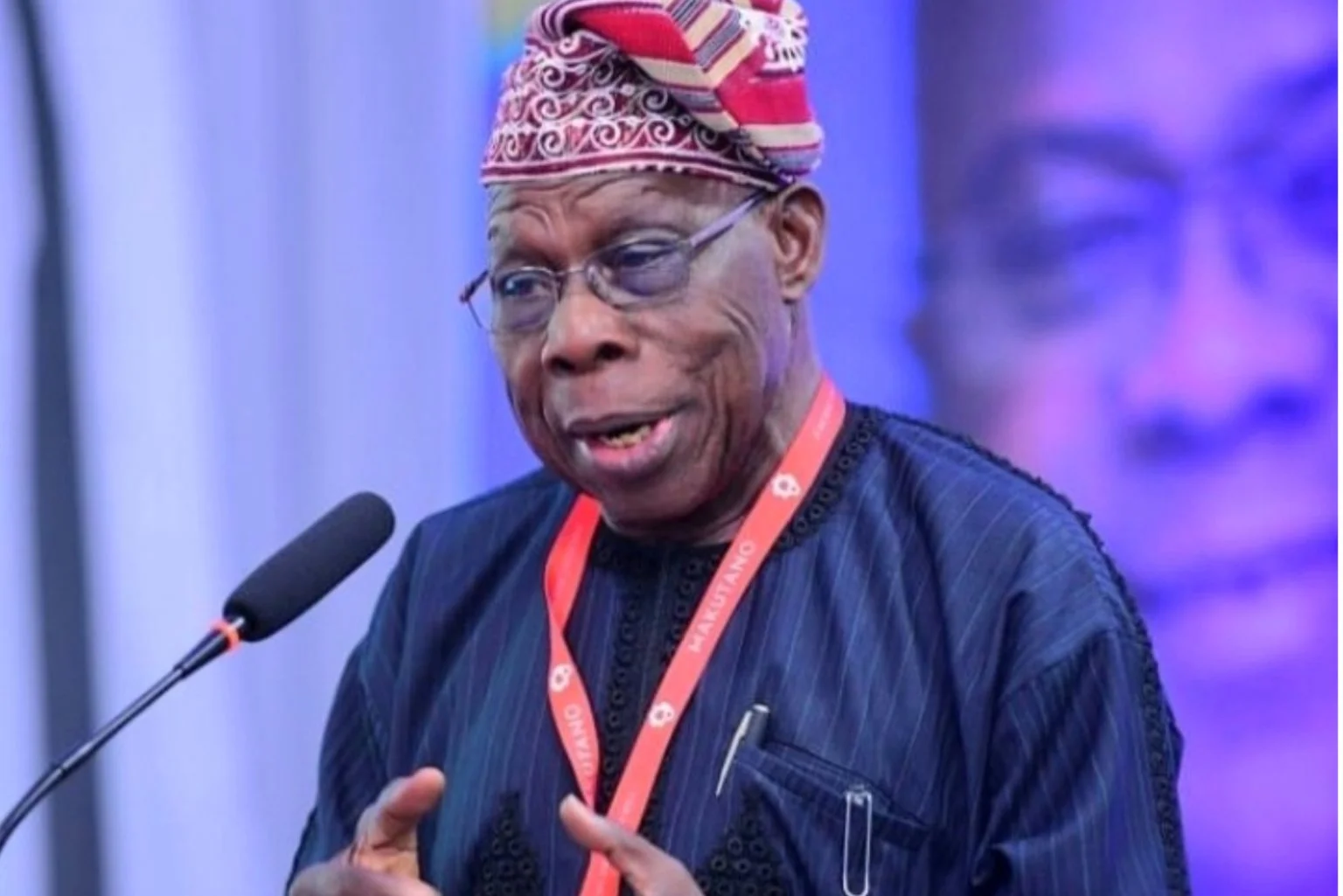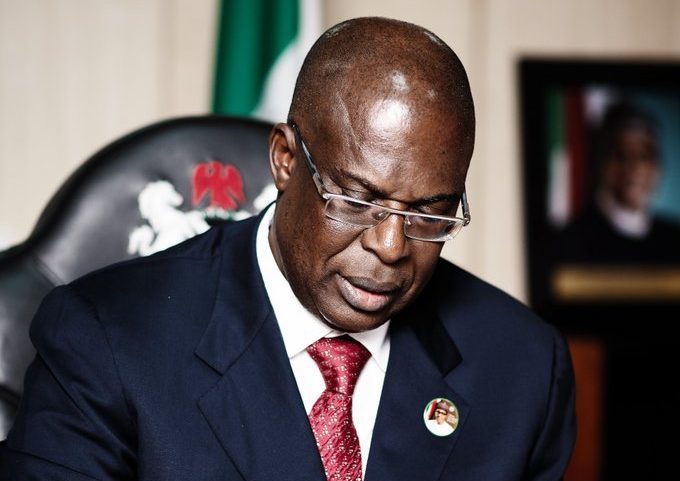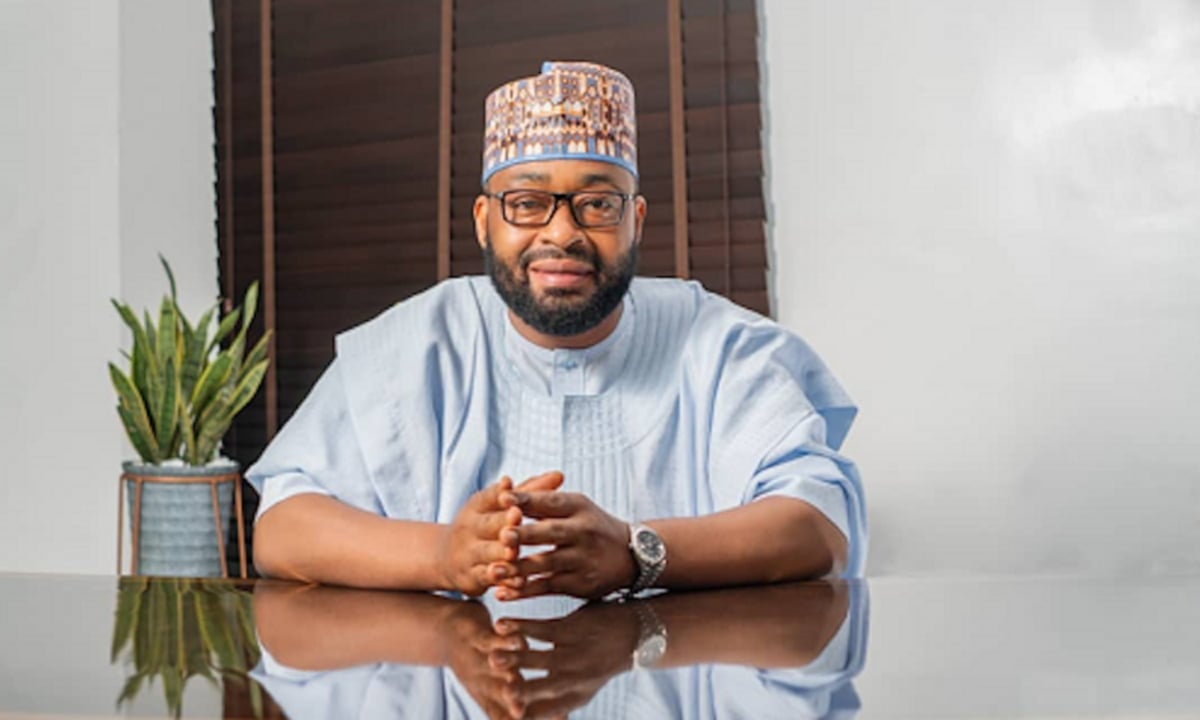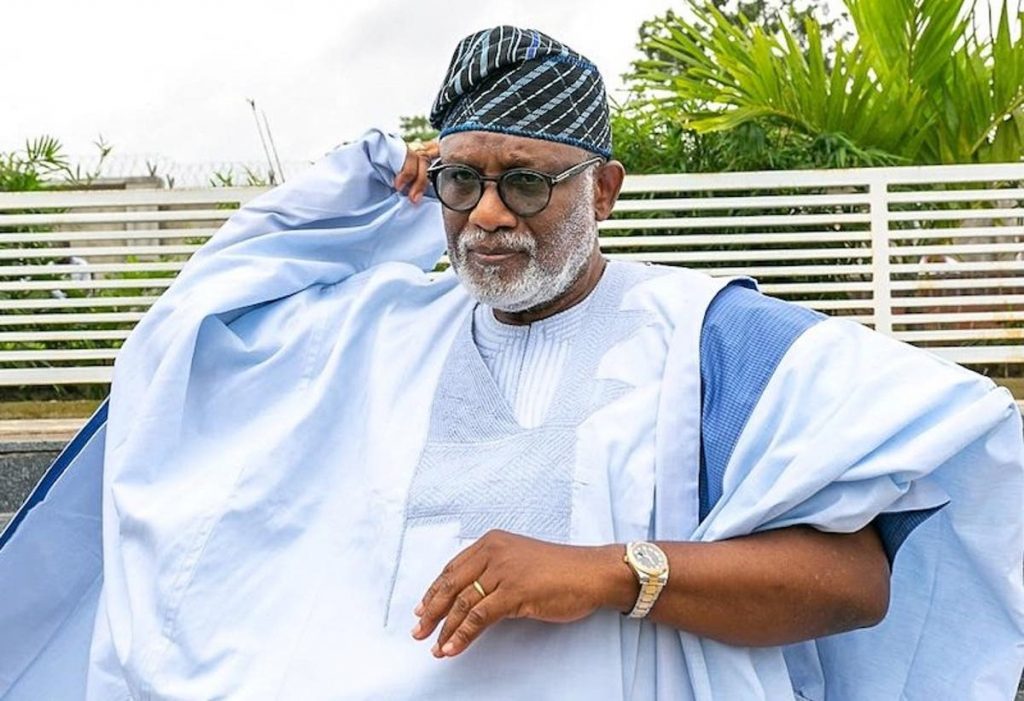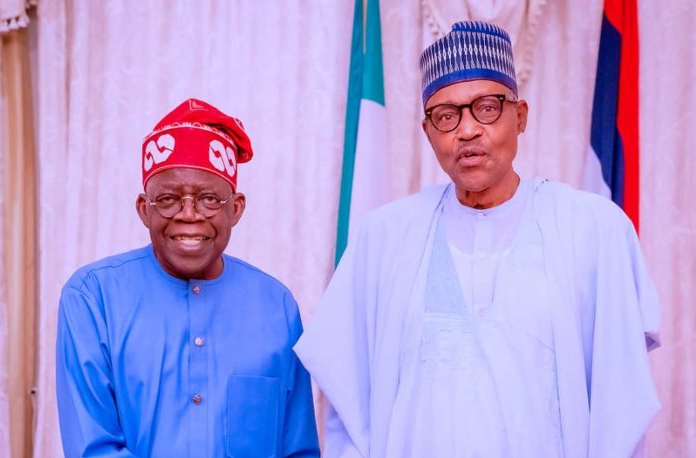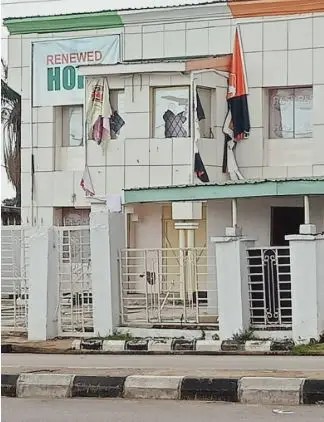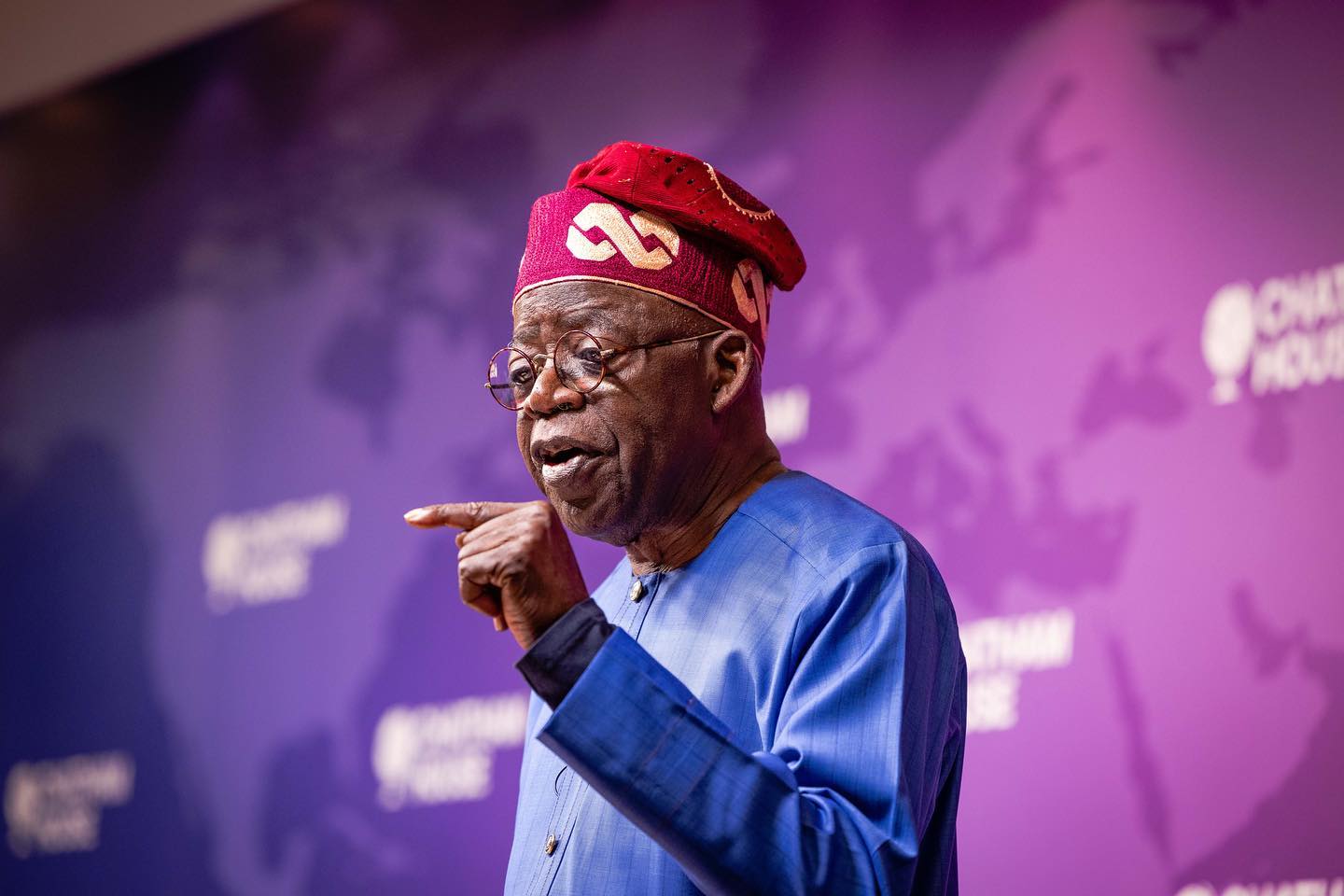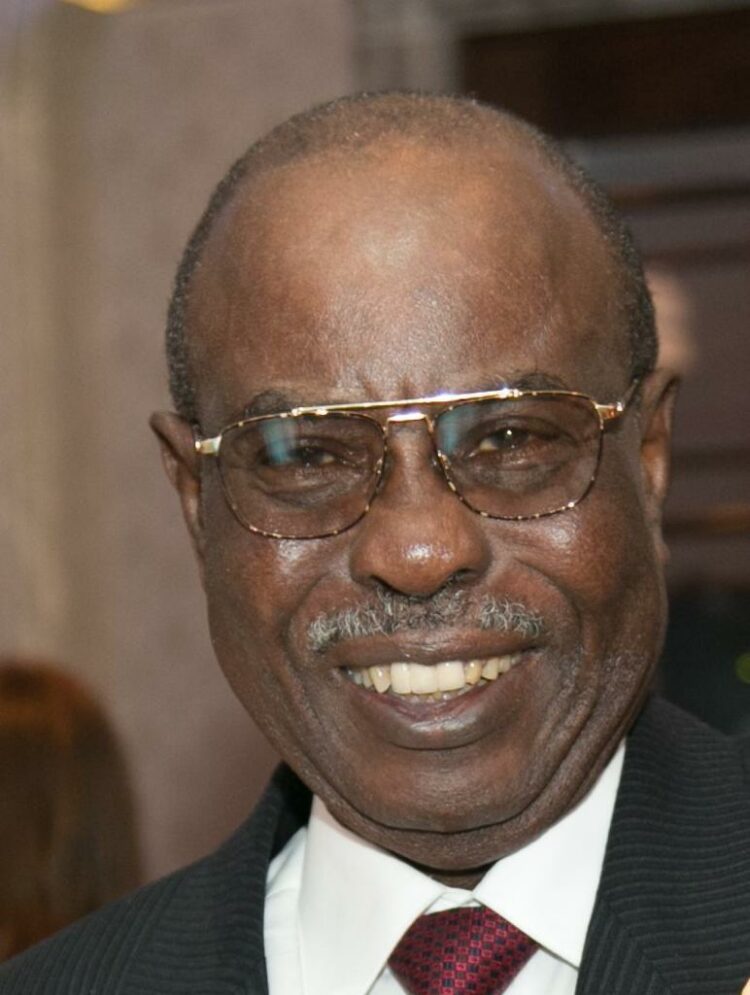The President of Ecuador, Guillermo Lasso has put out an announcement on Friday that he had decreed a state of emergency for two months in three provinces with the highest registered levels of violence due to drug trafficking in the Country.
“I have declared a state of exception in the (coastal) provinces of Guayas, Manabi, and Esmeraldas, effective from midnight tonight,” he said in a speech broadcast by state media.
Under this proposed state of emergency, the President had ordered the mobilisation of 4,000 police and 5,000 military personnel to the provinces. A curfew will also be slammed between 11:00 pm and 5:00 am for certain areas, such as the town of Duran, located near the port of Guayaquil.
In February, two bodies were reportedly discovered suspended from a pedestrian bridge in Duran, a method which has been found to be similar to Mexican cartel crimes.
Read Also: Overcrowding: Ecuador To Pardon 5,000 Prison Inmates
Drug trafficking in Ecuador has led to an increase in crime, which has left 1,255 people dead since the start of the year, according to official figures.
About 440 crimes have occurred in Guayaquil, the country’s commercial center and the provincial capital of Guayas, and Duran.
Since February 2021, there have also been several massacres in Ecuador between imprisoned gang members linked to drug trafficking, resulting in 350 deaths.
Some 9,000 police and soldiers will be deployed to patrol the three provinces during the two-month state of emergency, and a curfew enforced between 11pm and 5am local time (04:00-10:00 GMT) for certain areas, including the town of Duran, located near the port of Guayaquil.
Drug trafficking in Ecuador has led to a surge in crime, with 1,255 people killed since the start of the year, according to official figures.
It has also created a battleground inside Ecuador’s prisons between thousands of inmates with ties to powerful Mexican drug cartels. Some 350 people have been killed in jail massacres since February 2021.
Lasso previously declared a state of emergency in October last year, but the move faced criticism from the Constitutional Court, which halved the emergency period to 30 days and said the military should only support police operations.
Africa Daily News, New York

